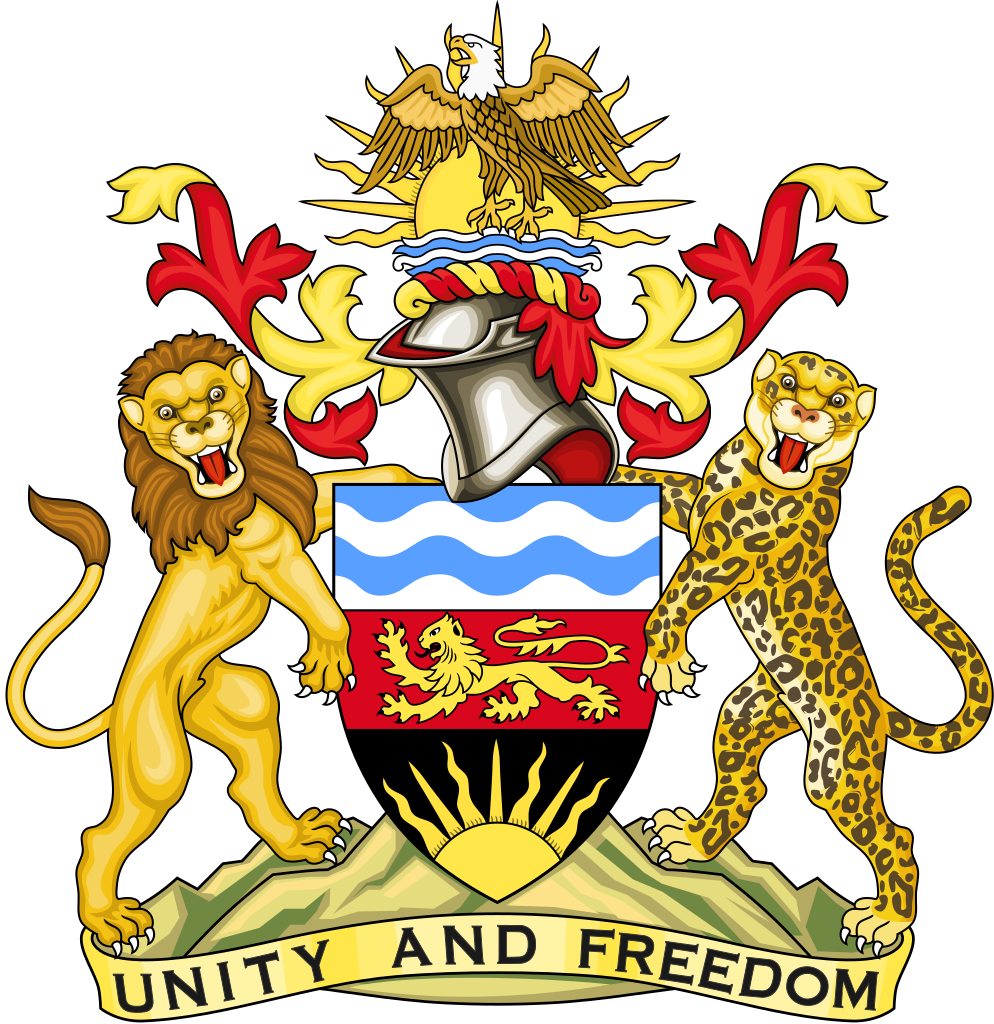investment opportunities
Agro-processing, Energy, Services, Forestry, ICT, Tourism, Food and beverage, Manufacturing, Textiles & Apparels, Mining, Fish and Crocodile Farming, Wood and Rubber, and Infrastructure development (transport, housing, ICT & Telecommunications).
According to the 2006 issue of “Doing Business: Removing Obstacles to Growth,” a publication of the International Finance Corporation, Malawi’s investment climate is above the region’s average. The score on Transparency International Perception Index is also above that of many countries in Sub-Saharan Africa. The Malawi Investment and Trade Centre (MITC) operates as a “One Stop Shop” for investment and aims to provide the highest quality of service to those seeking to invest in Malawi.
Investment Opportunities in Malawi
The Government, through the Malawi Institute for Strategies for Growth and Development (ECDM II), has identified progress in local and direct investment as a tool to achieve sustainable economic development, reduce poverty, increase exports and expand infrastructure development . The Government has recognized that the private sector is the main engine for sustainable economic growth. In this perspective, the Government has committed itself to creating an environment conducive to the strong growth of this sector. There are currently investment opportunities in all sectors of the economy. Meanwhile, the Government, together with the Economic Recovery Plan (PRE), identified certain priority areas, due to its potential to generate sustainable economic growth and infrastructure development, thereby increasing Malawi’s export earnings and reducing poverty. Priority sectors offer excellent returns to local and foreign investors. The priority areas targeted are:
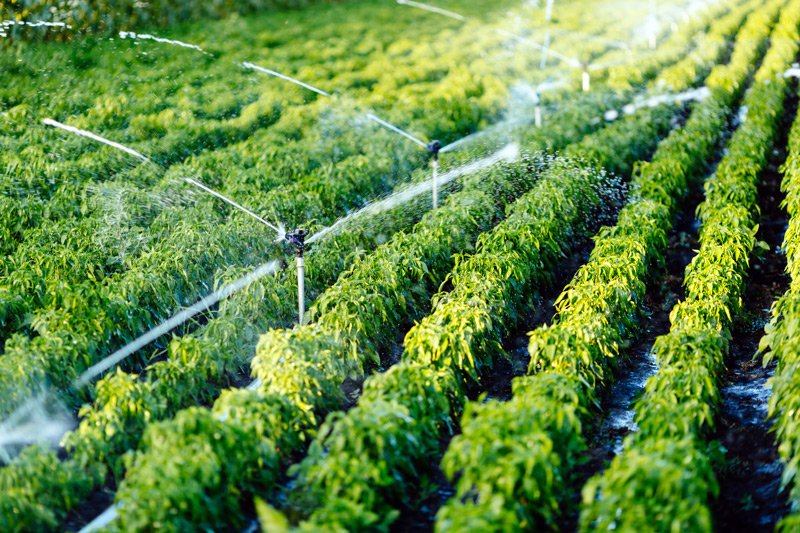
Agriculture & Agricultural Processing
There are several investment opportunities in agriculture and agricultural processing, including cattle raising (for milk and beef production), aquaculture, horticulture, sugar, pig farming, honey production, integrated cotton development, cassava production and mushroom planting.
These agricultural products can be produced and exported through trade agreements with: the Southern African Development Community (CDAA), the Common Market for Southern and Eastern Africa (MCAAO), the African Growth and Opportunity Act (LCOA) , the General Preferential Treatment Tariff in China, and the Preferential Business Regimes of India and Japan, benefiting economically less developed countries.
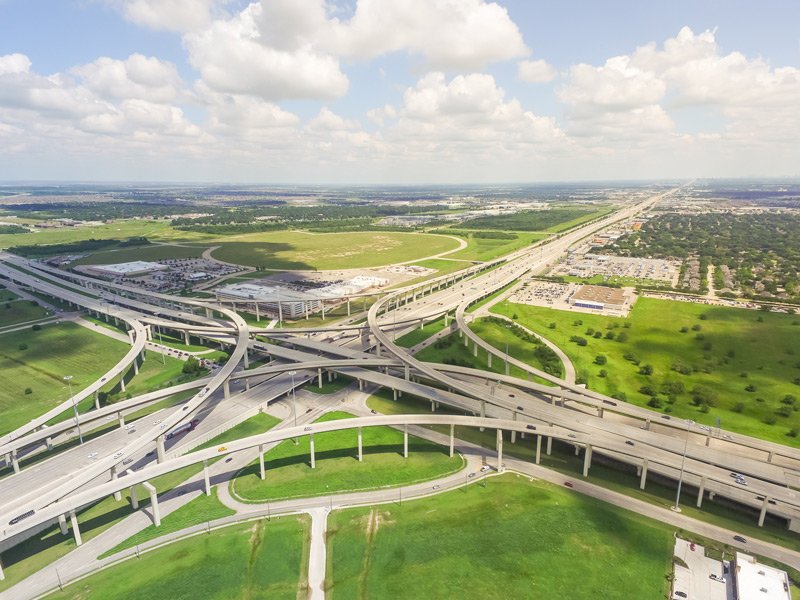
Oporto International Nsanje Inland
- Construction of pipelines and refineries.
- Warehouse and storage facilities.
- Hotels, commercial complexes, ships and cargo ships.
- Property development.
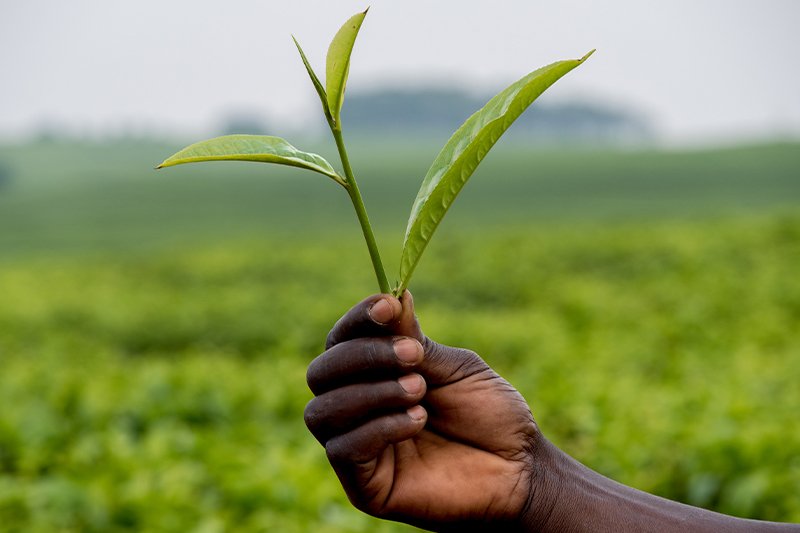
Production Capacity
Malawi’s production capacity accounts for about 12% of the country’s GDP. In addition to traditional agricultural products such as tobacco and tea, which are exported in a semi-industrialized state, there are great opportunities for investors to convert agricultural products into commodities for manufacturing, such as those listed below.

Tourism Development
Malawi has beautiful and unique tourist attractions, such as Lake Niassa, national parks, ecological reserves, the Mulanje Mountains, wild game hunts (the five largest), native forests, cultural and historical monuments such as ancient tombstones and villages dating from the time of the slavery.
-Investment Opportunities are:
- Ecotourism.
- Hotels, camping areas and accommodation.
- Development in support infrastructure, which includes electricity, water, transportation and Information, Communication and Technology (ICT).
- Safaris, trips and excursions.
- Hotels amidst wild nature.
- Casinos and entertainment centers.
- The traditional and cultural ” torupes ” (tourism in the communities).

Mining
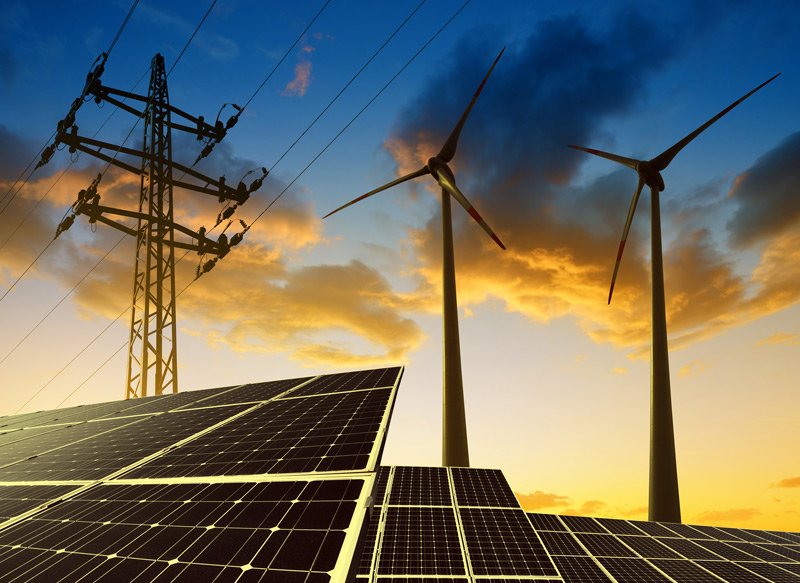
Development of Electric Energy
This industry is crucial as well as supporting other industries in relation to sustainable economic growth and infrastructure development. There must be huge private investments to identify an increase in the demand for electricity for both industrial and domestic uses. The most widely used energy sources in Malawi are hydropower, fossil fuels and biomass. The Government has invited national and foreign entrepreneurs to invest in the following areas:
- Generation of hydroelectric energy, as well as its distribution and transmission.
- Solar energy.
- Wind power.
- Fuel and pipeline storage facilities.
- Thermoelectric power plant.
- Bio digesters.
- Biogas.
- Conduct feasibility studies of possible sites for hydroelectric power generation.
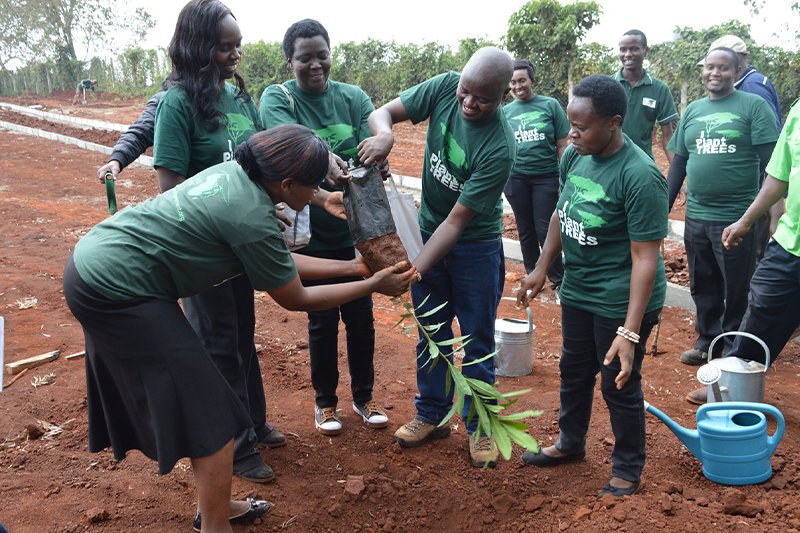
Green Belt Movement ( The Green Belt Initiative )
This is an initiative of the Government to contribute to the achievement of sustainable economic growth and development, in accordance with the MGDS ( Strategy for Growth and Development of Malawi ). The goal is to cover 1 million hectares of land to reduce poverty, improve livelihoods and sustainable food security at national and household levels through increased productivity of agricultural crops, livestock and fisheries. The existing investment opportunities are:
- Irrigation channels.
- Factories.
- Warehouses.
- Banks, schools, among others.

Rules & Regulations
INVESTMENT LAWS AND REGULATIONS
1. Judicial and Legal System
Malawi’s judicial system is based on the English Constitution. The Constitution of the Republic of Malawi (1995) basically establishes the freedom to invest, own property and guarantees equal compensation in case of expropriation.The judicial system is divided into the following categories: Court of First Instance, Superior Court and Supreme Court of Appeals. Currently, the Trade Courts system is still in progress in order to expedite agreement on some litigation-related business issues.
2. Freedom of Investment
The Government welcomes investments in the private sector and imposes no restrictions on the ownership or location of the investment. Foreign Direct Investment is permitted in all sectors of the economy, except those that may pose a danger to the nation’s health, the environment or the security of the nation. It is also interesting to highlight the freedom of entry and exit of the country in terms of investment.
3. Repatriation of Foreign Currency
Malawi’s foreign exchange operations are governed by the Exchange Control Law. Investors are authorized to remit full dividends, repatriation capital investment, capital payments and interest for authorized international loans, and the approval of management fees, licenses, access rights, among other requirements. The Anti-Money Laundering Act was passed in August 2006 to emphasize the soundness of the country’s financial system and financial institutions.
